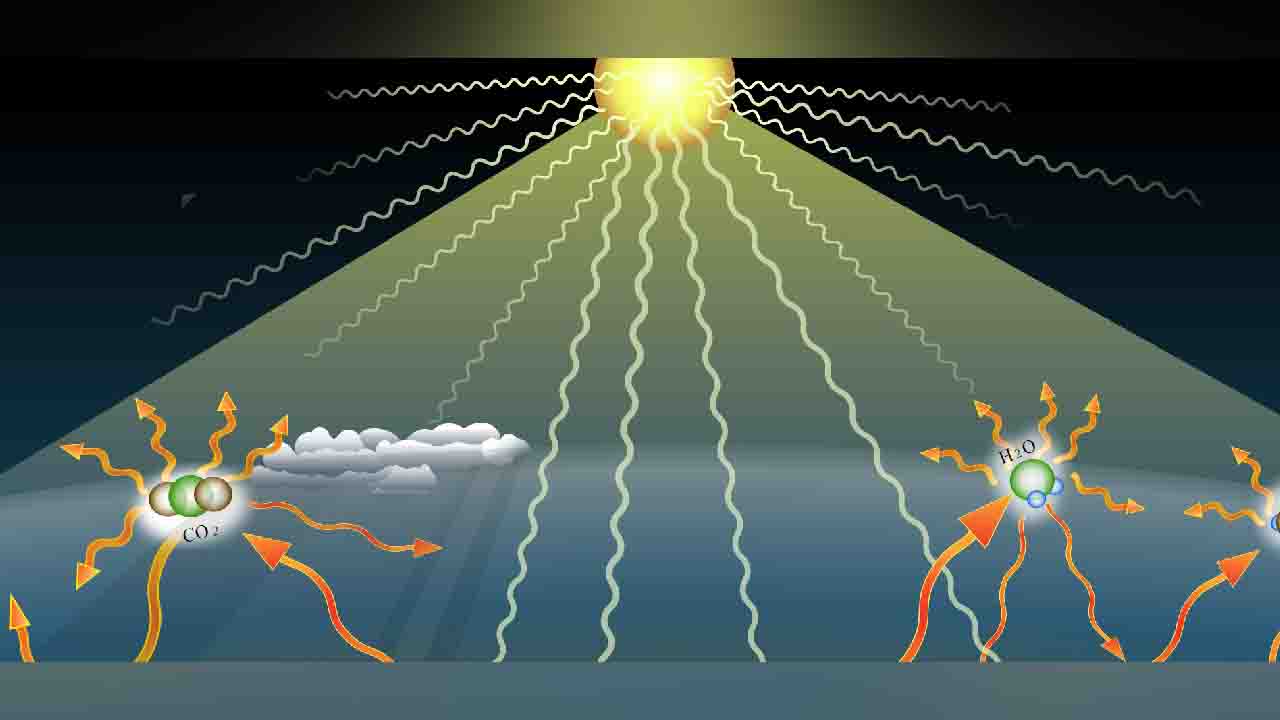The Earth’s climate is changing rapidly and human activity is the primary cause. The burning of fossil fuels, deforestation, and other human activities are increasing the concentration of greenhouse gases in the atmosphere. Greenhouse gases such as carbon dioxide, methane, and nitrous oxide trap heat in the Earth’s atmosphere, leading to a warming effect known as the greenhouse effect. The scientific community agrees that the Earth’s temperature has increased by approximately 1 degree Celsius since the Industrial Revolution, which is largely attributed to human activities. This may not seem like a significant increase, but it is having profound effects on the Earth’s climate and ecosystems. One of the most significant impacts of global warming is the melting of glaciers and ice caps, leading to rising sea levels. As sea levels rise, coastal communities are at risk of flooding and erosion, which could displace millions of people. In addition, ocean acidification is increasing, leading to the death of marine life and negatively impacting the food chain.
Another impact of global warming is the increase in extreme weather events such as hurricanes, droughts, and wildfires. These events have devastating consequences for human communities, as well as ecosystems and wildlife. Extreme weather events also lead to increased insurance costs and a strain on emergency response systems. Global warming is also having an impact on agriculture and food security. As temperatures rise, crop yields are decreasing, and food prices are increasing. This is particularly problematic in developing countries where many people are already food insecure.
In addition to these impacts, global warming is also leading to the extinction of plant and animal species. As temperatures increase, ecosystems are changing, and some species are unable to adapt. This loss of biodiversity could have far-reaching consequences for the functioning of ecosystems and human well-being. To mitigate the impacts of global warming, it is crucial to reduce greenhouse gas emissions. This can be achieved through a combination of actions such as investing in renewable energy sources, improving energy efficiency, and reducing deforestation. It is also important to adapt to the impacts of global warming that are already underway, such as developing new crop varieties that are more resilient to changing temperatures and investing in infrastructure to protect coastal communities from rising sea levels.
In conclusion, human activity is causing an increase in greenhouse gases, resulting in global warming and potentially disastrous consequences for the planet. It is crucial to take immediate action to reduce greenhouse gas emissions and adapt to the impacts of global warming to mitigate the worst impacts on human communities and ecosystems.








